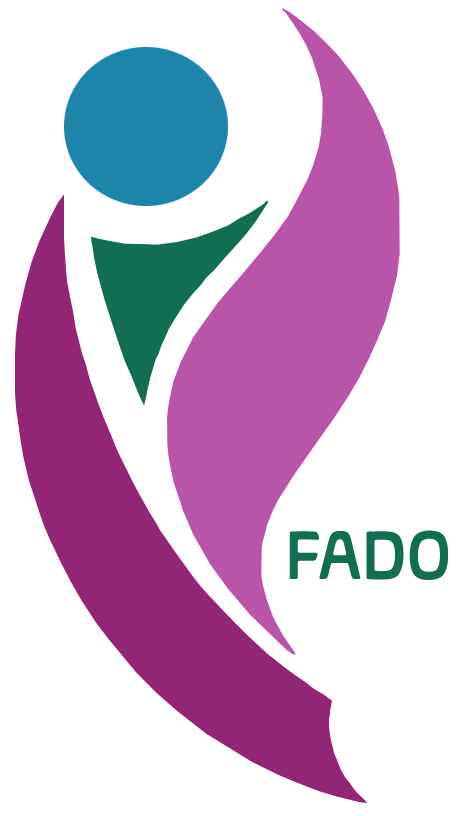Why We Need Change
Gender-based violence (GBV) is a widespread crisis that demands urgent action. Data from a study published in Health Promotion International by Beth R. Crisp and Ann Taket shows that theatre-based interventions can significantly shift perceptions and responses to GBV. For example, the recognition of coercive behaviors as “very serious” increased from 14.6% to 26.8% following theatre-based education. This finding aligns directly with the FADO project’s use of the Socially Engaged Theatre approach, which aims to raise awareness by presenting real-life stories of survivors across Europe.
The study also reported a rise in the perceived severity of forced sexual activities—from 73.2% to 90.2%—after participants attended theatre-based programs. This is a powerful argument for FADO’s emphasis on storytelling as a way to confront the often-hidden aspects of GBV. By giving survivors a platform to share their stories, FADO not only educates audiences but also breaks the silence that allows violence to persist.
Confidence to take action is another critical insight from the Australian data. After attending theatre-based sessions, 58.5% of participants felt they had the resources to intervene against GBV, up from 40% initially. However, the confidence to act on one’s own behalf did not change significantly, highlighting a crucial gap in support for survivors themselves. This is where the FADO project’s focus on empowerment comes in—offering skill-building workshops to help survivors become facilitators and community leaders. This approach not only helps survivors reclaim their voices but also builds a network of informed advocates who can drive local change.
Interestingly, the Australian data shows a decline in participants recommending crisis hotlines—from 55.2% to 41.9%—despite an increase in awareness. This suggests a potential mistrust or misunderstanding of these resources. The FADO project addresses this by integrating education and storytelling to clarify what these services offer and why they are essential.

FADO is here for you anytime, anywhere
The data also reveals that the most common response to GBV disclosures was listening and offering support, reported by 71% of participants at follow-up. This finding aligns with FADO’s emphasis on compassionate listening as a core part of its support for survivors. By creating safe spaces for survivors to share their experiences, FADO not only aids in individual healing but also promotes a community culture of support and empathy.
The evidence from Australia makes it clear: theatre-based interventions can significantly impact awareness, perceptions, and community responses to GBV. The FADO project’s approach—centered on awareness-raising, storytelling, and survivor empowerment—is not just relevant but urgently needed in Europe. By combining education, practical resources, and a focus on survivor leadership, FADO is setting a powerful example for how to address GBV comprehensively. The road to a world free from GBV is long, but with initiatives like FADO, it’s a path that leads forward—toward justice, dignity, and safety for all.
+ Source: This study published in Health Promotion International by Beth R. Crisp and Ann Taket.
